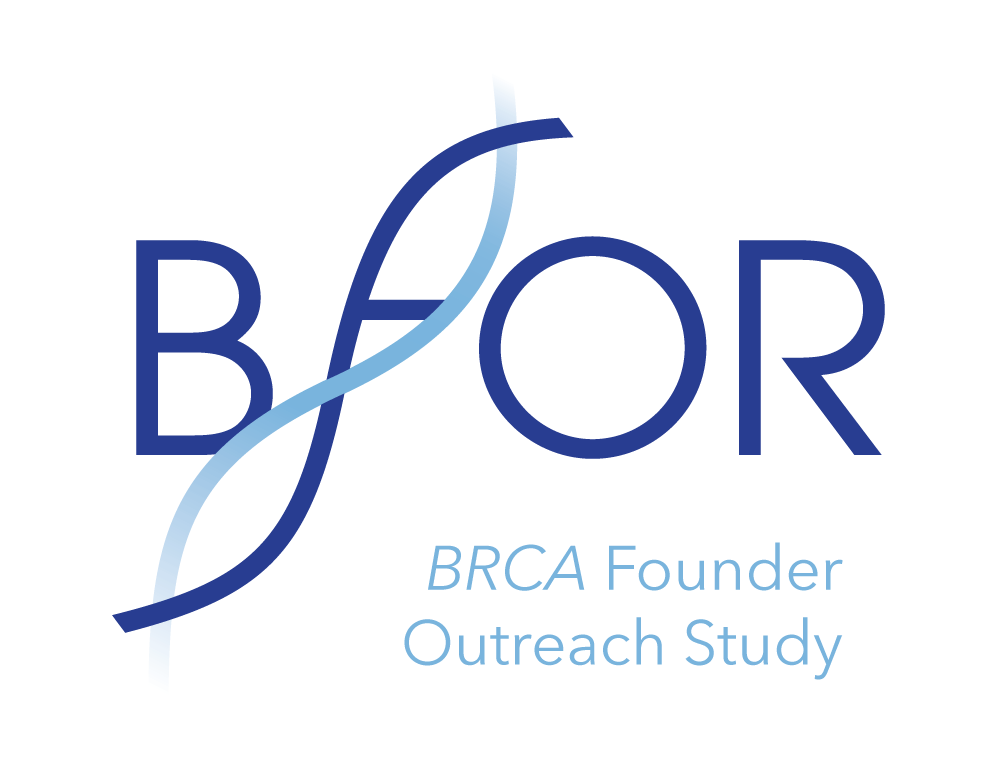Nadine Tung, MD
Beth Israel Deaconess Medical Center and Harvard Medical School, Boston
Nadine Tung, M.D. is a nationally known breast medical oncologist who specializes in both breast cancer treatment and cancer genetics. She is the director of the Cancer Genetics and Prevention Program at Beth Israel Deaconess Medical Center (BIDMC) which she established in 1997 to evaluate patients and families with hereditary cancer syndromes. She oversees genetic testing for cancer susceptibility at BIDMC and the CareGroup network and leads the BIDMC breast medical oncology section. She serves as Deputy Associate Director for Membership of the Dana-Farber/Harvard Cancer Center and is an associate professor of medicine at Harvard Medical School (HMS). Dr Tung is a member of the editorial board of Journal of Clinical Oncology. She also serves as the Chair of the American Society of Clinical Oncology (ASCO) Genetics subcommittee, and is a member of the ASCO Cancer Prevention committee.
Dr. Tung earned her undergraduate degree at Princeton University and attended Harvard Medical School. She completed her training in medicine and hematology-oncology at BIDMC and served as chief resident before joining the staff at BIDMC in 1990.
Her research focuses on hereditary causes of breast cancer and effective strategies for breast cancer prevention and treatment. Dr Tung was involved in the studies that led to approval of the current breast cancer prevention medications. Much of her research focuses on women with BRCA1 and BRCA2 mutations, studying the genetic and environmental factors that influence cancer development as well as the biology and prognosis of the breast cancers they develop. Dr Tung also oversees many trials evaluating the optimal treatment for patients with hereditary breast cancer including a multicenter, national trial comparing cisplatin to standard chemotherapy in BRCA1/2 mutation carriers with newly diagnosed breast cancer. She is also leading studies evaluating novel therapies, such as PARP inhibitors, to treat hereditary breast cancer. She is a lead author for the OlympiAD trial, demonstrating the superiority of the PARP inhibitor olaparib to chemotherapy for BRCA mutation carriers with advanced breast cancer.



